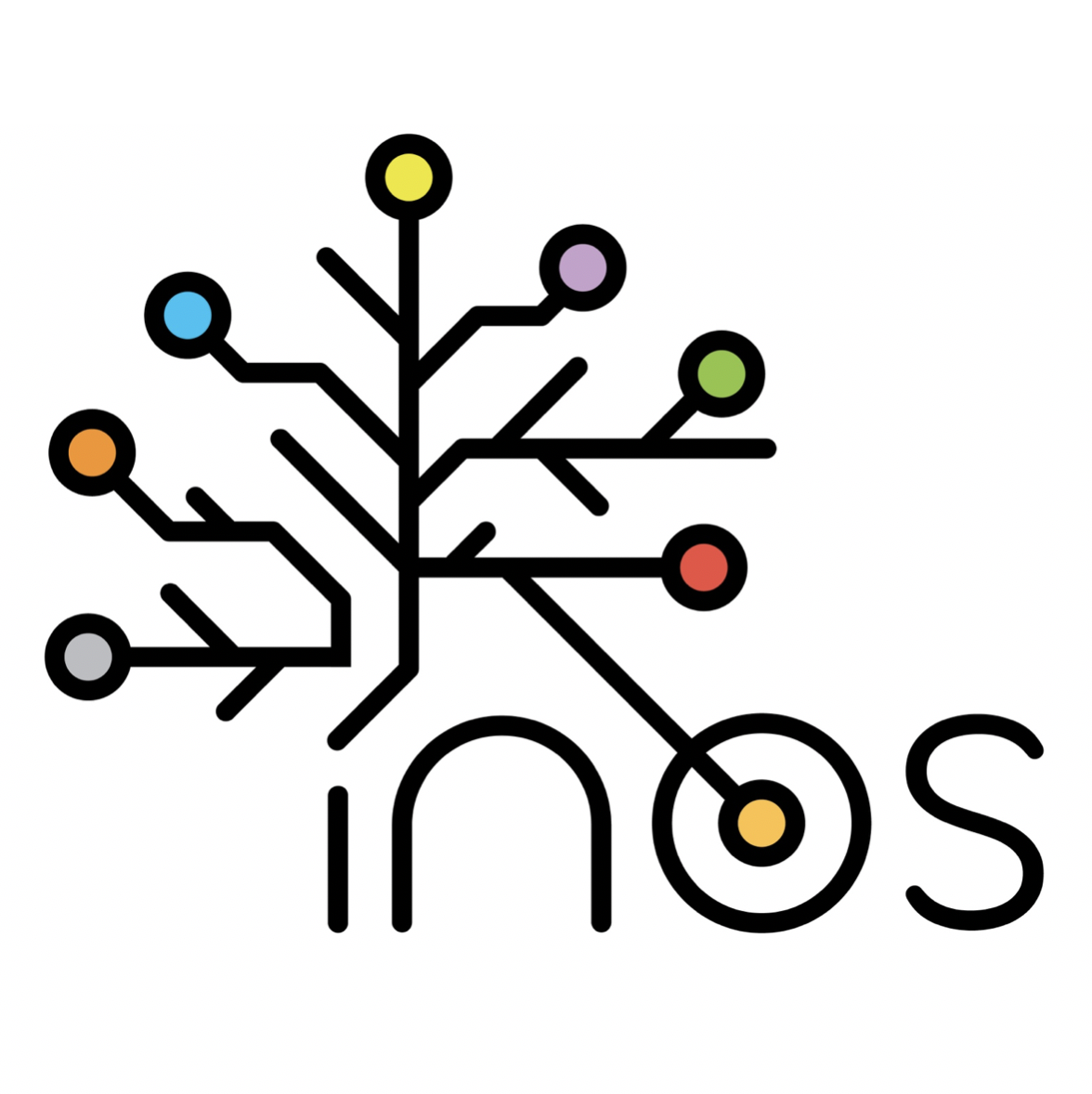04 Dec INTEGRATING CITIZEN SCIENCE AT UNIVERSITIES: FROM ‘WHAT’ TO ‘HOW
Should science focus on issues of public importance and respond to public concerns? Can science validate the findings and scientific knowledge produced by citizens? What is the benefit of citizen involvement in scientific research and what pitfalls should one be aware of? How can citizen participation in research be scientific? These are fundamental questions explored by those in the field of citizen science.
The notion of Citizen Science is not new, but its recent reach around the globe has raised many questions and has provided answers. To spread the knowledge about what Citizen Science is and how to implement Citizen Science projects in universities and research libraries, LIBER organized a three-day virtual open knowledge activity from the 26th to the 28th October 2020, in the context of the INOS project.
The event was designed to allow participants from University Library ‘Svetozar Marković’ (University of Belgrade) and University of Library Studies and Information Technology (Bulgaria) time to interact, discuss ideas and challenge outdated concepts in smaller international groups. The event focused on the following key topics:
- what citizen science is;
- why it is important for society as a whole and individual communities around the world;
- requirements to take into consideration when involving citizen scientists in research projects;
- examples of how citizen science is integrated into education programmes and the benefits such integration provides.
During the first day of the three-day event, three speakers gave presentations on Citizen Science, Copyright and its relevance to Citizen Science projects, and Datamining and its possible application within the projects to the participants. They did so through 15-minute online lectures with questions and answers sessions at the end.
Thomas Kaarsted, Deputy Library Director at the University Library of Southern Denmark, and member of LIBER’s Working Group on Citizen Science, discussed citizen science: what it is, how it is different from crowdsourcing, how it might fit into academic curricula, and tips for moving forward with the development and implementation of citizen science projects.

Thomas’ presentation was followed by one on Copyright and Data protection in Citizen Science projects, delivered by Benjamin White, researcher at the Centre for Intellectual Property Policy & Management at Bournemouth University, and Chair of the LIBER Working Group on Copyright and Legal Matters. Benjamin focused on what copyright is, how the laws and regulations work as well as their limitations and exceptions. He followed up with personal data protection laws (more specifically GDPR) and how to apply these properly when designing and implementing Citizen Science projects.
Prof. Georgi P. Dimitrov, Deputy Dean of the Faculty of Information Systems and Technologies at the University of Library Studies and Information Technologies, concluded with a short introduction of the nine laws of Data Mining, the description of the data mining process, and benefits associated with it.
After the presentations, participants were split into three groups, in which they discussed ideas for a citizen science project which could be developed and presented during the debates on the last day of the event.
The second day of the event presented an opportunity (for those participants chosen to represent their teams at the debates) to participate in the coaching session. Tatsiana Yankelevich (Training Coordinator) and Vasso Kalaitzi (head of International Projects) from LIBER advised the attendees on how to effectively construct and deliver an argument online. They further guided the participants to better structure and present their projects during these debates. Participants also asked a number of questions about the projects they were developing and how they could be best arranged as citizen science projects.
The culmination of the event was the debate, organised on the third day. Each group had 7 minutes to present their ideas, and 10 minutes to answer questions from other groups and judges. While judges chose a winner based on the previously defined criteria, they noted that all three projects were innovative, topical, and had a lot of potential for implementation. One of the projects focused on creating accessible cultural routes for all in Sofia, Bulgaria. Another was a course design introducing citizen science as an elective at a university. The winning project was designed around the idea of contesting pseudohistory through citizen science. In their feedback, participants noted that they particularly enjoyed the opportunity to learn from each other and to challenge their ideas through project development.
Mentimeter results from the beginning of the session:




